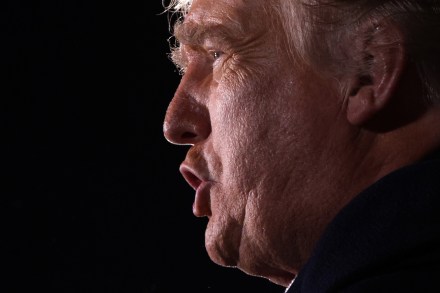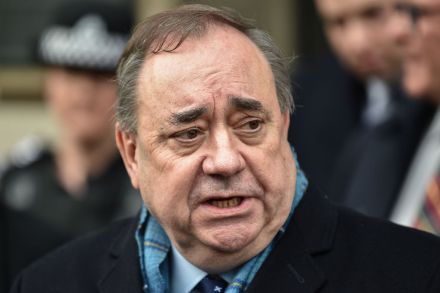Six things we need to know about the vaccine rollout
We are supposedly getting a lot more data on the numbers of us being vaccinated, later on Monday. What’s less clear is whether we will be getting data that is useful. Here is what we should be told on a granular daily basis, to reinforce confidence both that the vaccination operation is efficient and effective and to provide hope that the end of this social and economic misery is a realistic prospect: 1. Numbers vaccinated per day should be published. 2. This number should be broken down between first and second dose so that we know how many are protected to the maximum possible. 3. The status of those vaccinated




















